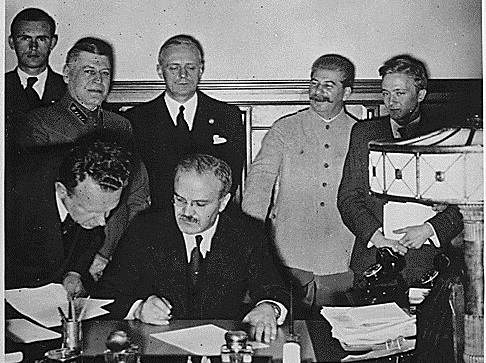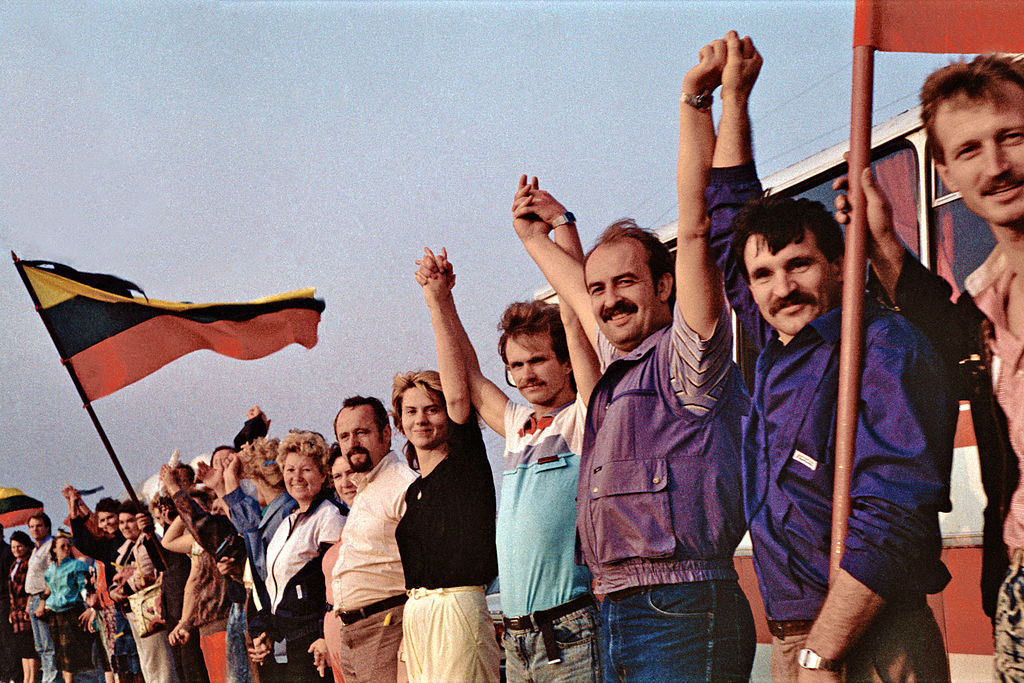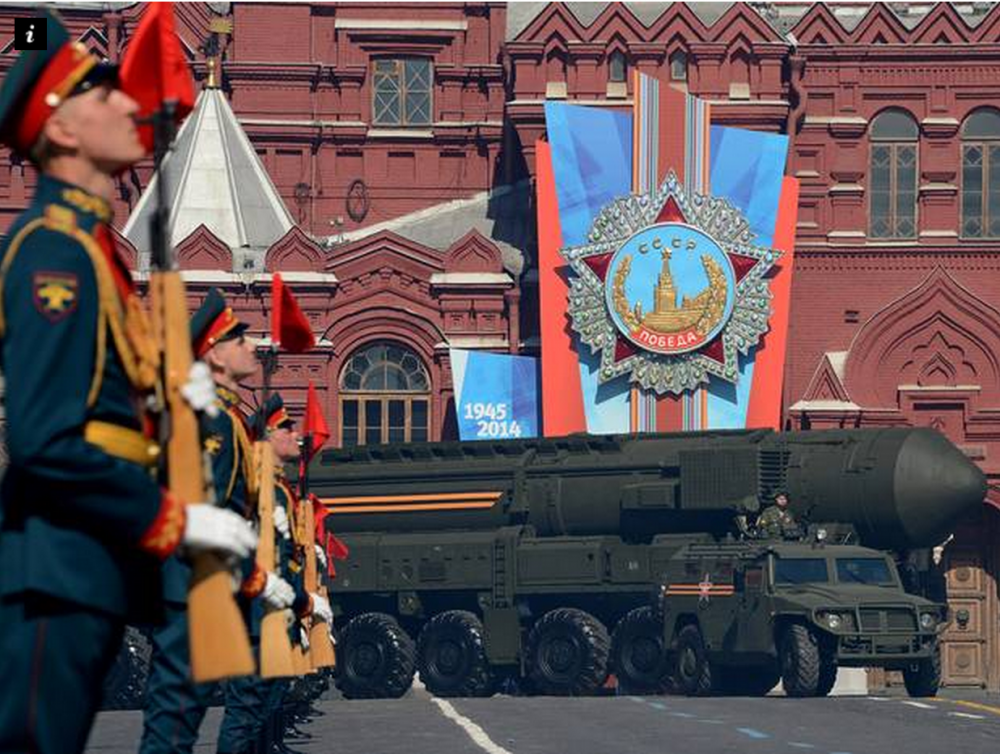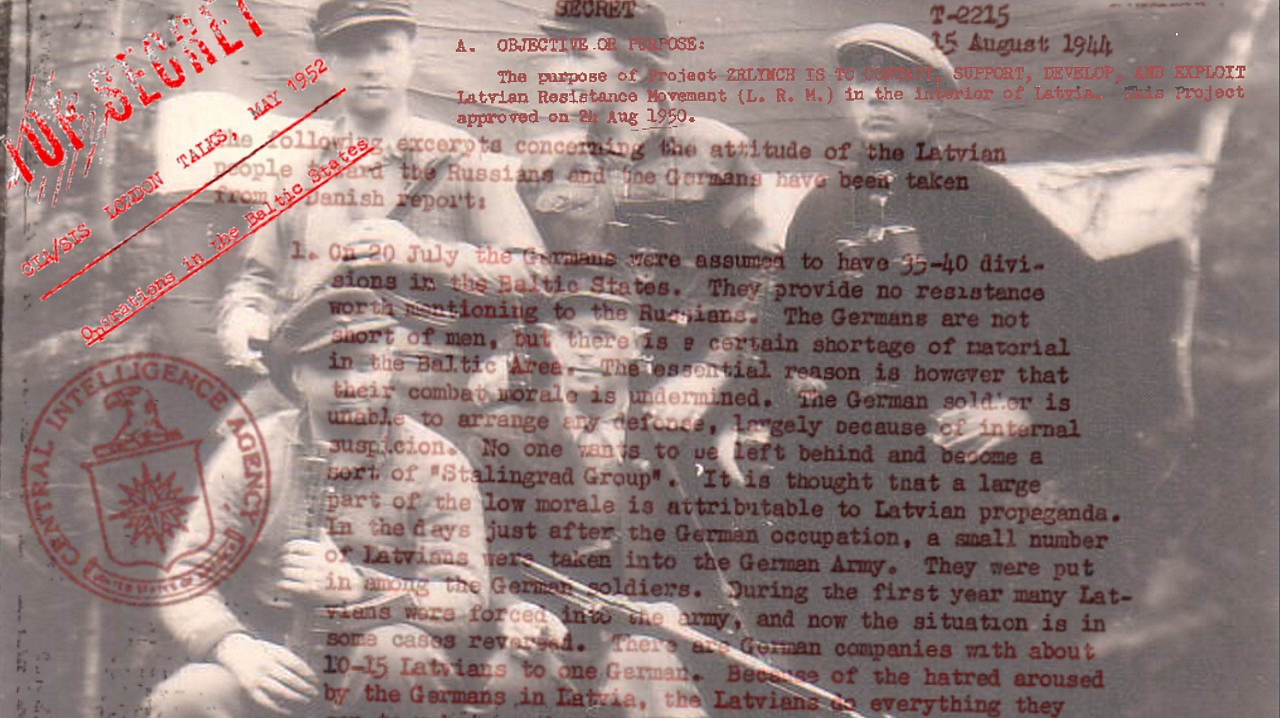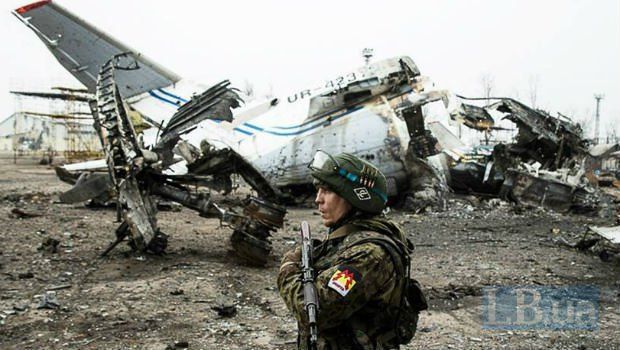Some anniversaries are marked because they are so important historically that one cannot understand the present without returning to them. Others are commemorated because they contain lessons that remain important for today. Marking the anniversary of the Molotov-Ribbentrop Pact of August 23, 1939, is about both. The world would not be in the shape in which it is were it not for that horrific deal by two dictators 79 years ago:
- Without that now long-ago accord, there would not have been the war in Europe at least in the shape that it took,
- The Baltic countries would not have been occupied for so long, and
- The Soviet Union wouldn’t have lasted and then fallen apart as it did.
Those consequences are so obvious that it seems to me that I can make a bigger contribution to our discussions here by focusing instead on the lessons of the Molotov-Ribbentrop Pact for the world today. I want to offer five, not because there are not others but rather in the hopes that no one will ignore these lessons and thus act in ways that will have some equally or even more negative consequences to that agreement between Hitler and Stalin, a possibility many dismiss because they believe that since we no longer live in “the age of dictators” and therefore cannot possibly act in ways resemble what they did.
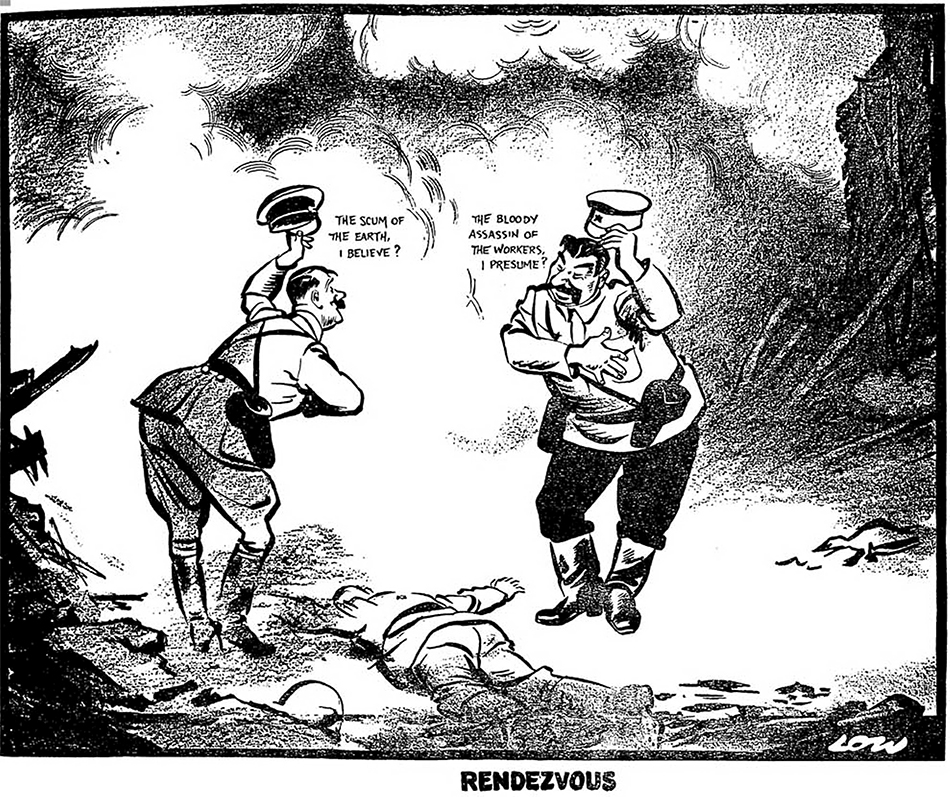
It is often observed that democracies do not go to war against each other. That isn’t strictly true. But it is the case that democracies require a public process that generally but not always precludes the kind of secret deals dictators can and as in 1939 do make. Had there not been any secret protocols to the Molotov-Ribbentrop Pact, one of two things would have happened: Either there would have been extreme difficulties in both Germany and the Soviet Union in accepting the pact or there would have been a wave of Western revulsion that would have led to action before Hitler and Stalin could begin the war by carving up Poland.
Unfortunately, today, there are both dictators and democrats who think that the only way to achieve breakthroughs is via secret diplomacy; and consequently, there is a great danger of new secret agreements that will have negative consequences. Those who remember Molotov-Ribbentrop should be on the front lines in opposing that kind of negotiation, that kind of agreement, and that kind of risk.
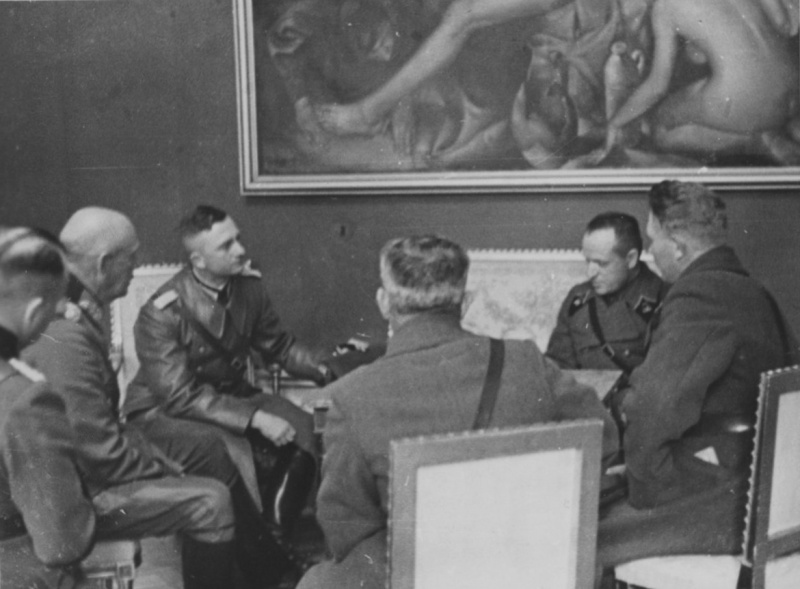
Unfortunately, again, there are many in the world today who think that the proper way to get agreement about difficult cases is for the big powers to meet and make decisions about others without the participation of the latter be it about Ukraine, Syria or anywhere else. It is of course the case that the great powers have a responsibility to take decisions but they have an equal responsibility to ensure that they do not try to do so over the heads of those about whom they are making such decisions. That is something Vladimir Putin wants everyone to forget, and tragically, there are all too many ambitious or fearful leaders in the West who are willing to go along.
[highlight]The third lesson of Molotov-Ribbentrop is that no border changes are permissible without the agreement of all parties concerned.[/highlight] Hitler and Stalin assumed that they could change borders with impunity. History at great cost showed them to be wrong: Hitler lost his war, and Stalin’s heirs lost much of their empire and will in time lose the rest as well. The age of empires is over. But unfortunately, the age of imperialism and the imperial temptation is not.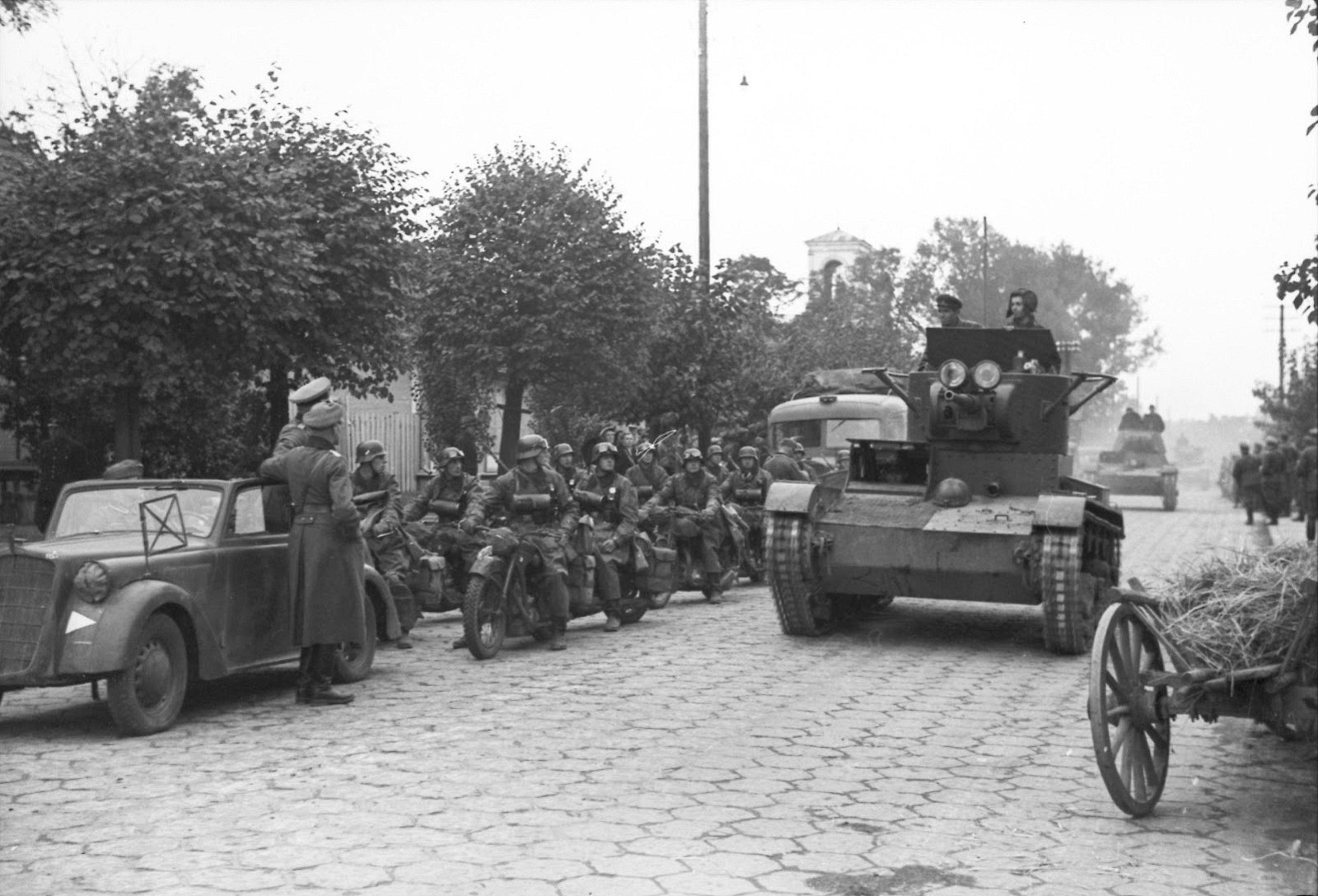
In the last decade, we have seen Moscow change the borders in Georgia and change the borders in Ukraine unilaterally and by military force alone. Many people are now saying that the West simply has to accept this because Moscow will never back down. But again Molotov-Ribbentrop contains a lesson: It sparked American non-recognition policy, a policy that remained in place for 50 years, giving hope to the citizens of the three occupied Baltic countries and ultimately helping them recover their independence de facto and establish a post-occupation future de jure.
US non-recognition policy, which had its roots in the Stimson Doctrine of 1930, remains the right way to go even if it isn’t going to lead to quick results. As Loy Henderson pointed out in his classic memorandum, the US can’t recognize aggression by anyone regardless of their status with regard to Washington on any other issues.
[highlight]The fourth lesson of Molotov-Ribbentrop is that in the world today, citizenship, not ethnicity, is the paramount value.[/highlight] Underlying the policies of both Hitler and Stalin was a view that nationality, German or Russian, was more important than the citizenship of others. That led to the 1939 accord and that led to war. In many ways, the founding principle of the United Nations was that citizenship always takes precedence over ethnicity: otherwise, the world will remain in conflict forever.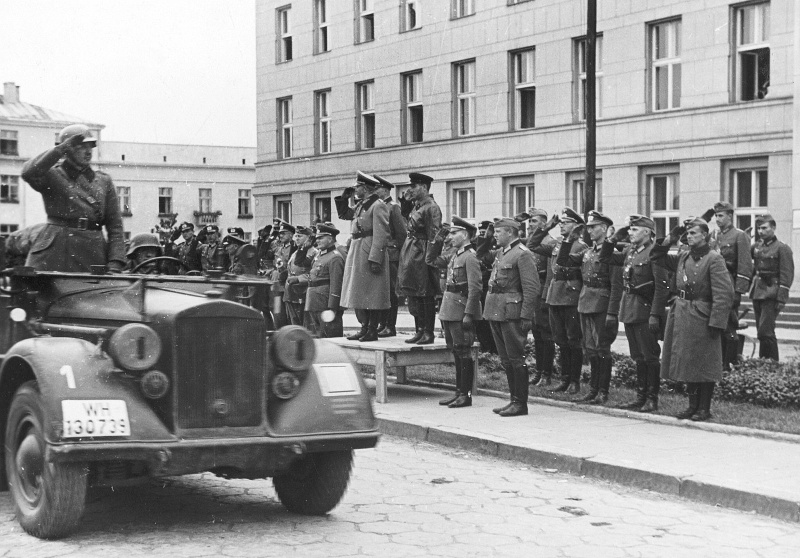
Tragically, many in the world today have forgotten that. Putin has elevated Russian ethnicity over the citizenship of people in Ukraine, Georgia and elsewhere, and other countries focus on co-ethnics or co-religionists abroad as if they had special rights with regard to them. The settlement of 1945 held that this was wrong. And Molotov-Ribbentrop is again a useful reminder that citizenship and the countries on which it is based must be respected rather than ignored. If it isn’t, then the world will again enter a very dark time.
[highlight]And the fifth lesson of the 1939 pact is that might does not make right.[/highlight] For most of human history, those who had the power made the rules and ignored the rules when it suited them. But beginning in 1648 and in fits and starts since then, the world has moved toward one based on rules and laws. Molotov-Ribbentrop was an effort to turn back the clock, to go back to a world where the strong imposed their will on the less strong. Ultimately, that sparked a revulsion which led to the destruction of the systems of the two leaders who signed that agreement.But today, there are many who say that in an increasingly chaotic world, realism requires deferring to the strong rather than following the rules. That attitude affects not only dictators like Putin but authoritarians like Donald Trump. They too want to turn back the clock, to go back to a world in which their countries did what they wanted because they could, not because they had any right to do so.
Consequently, I want to congratulate those who convened this conference not only because it is important to remember the history of Molotov-Ribbentrop but because it is even more important to remember its lessons, lessons that have never been more important than they are now.
Read More:
- The real reason the Kremlin will never completely disown the Molotov-Ribbentrop Pact
- ‘Molotov is alive and looking for a new Ribbentrop,’ Lithuanian foreign minister says
- Izborsky Club calls for new Molotov-Ribbentrop Pact to re-divide Eastern Europe between Moscow and Berlin
- Munich and the Molotov-Ribbentrop pact revisited, Part 1: The interwar prelude
- Moscow analyst: Britain’s support for Poland, not Molotov-Ribbentrop, caused WW2, and its backing of Ukraine could trigger WW3
- Moscow military analyst: Preparing for a war in 2025, Putin wants new Molotov-Ribbentrop Pact to divide up Ukraine
- Putin’s Victory Parade – a horrific Orwellian exercise, Khots says
- What Moscow did to Koenigsberg, it will do to Crimea
- Since 1945, Moscow has been involved in a military action on average every 2 years
- New Reichstag for Moscow children to storm – ‘a universal meme’ for Putin’s Russia, Movchan says




